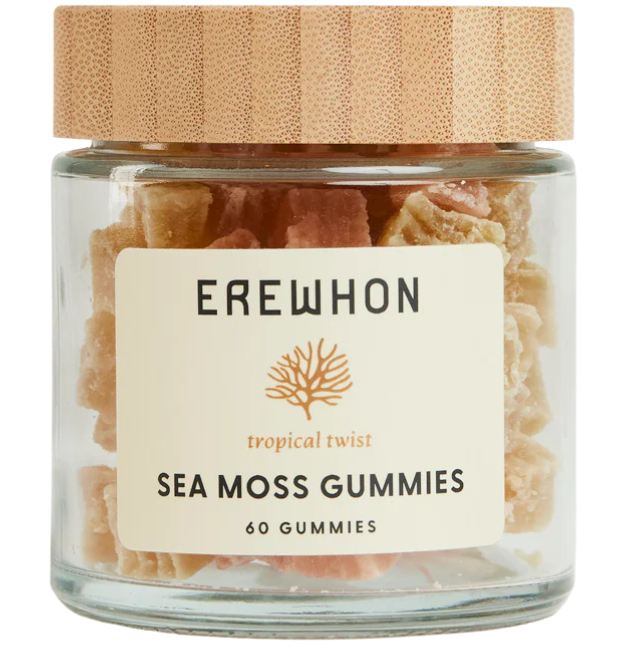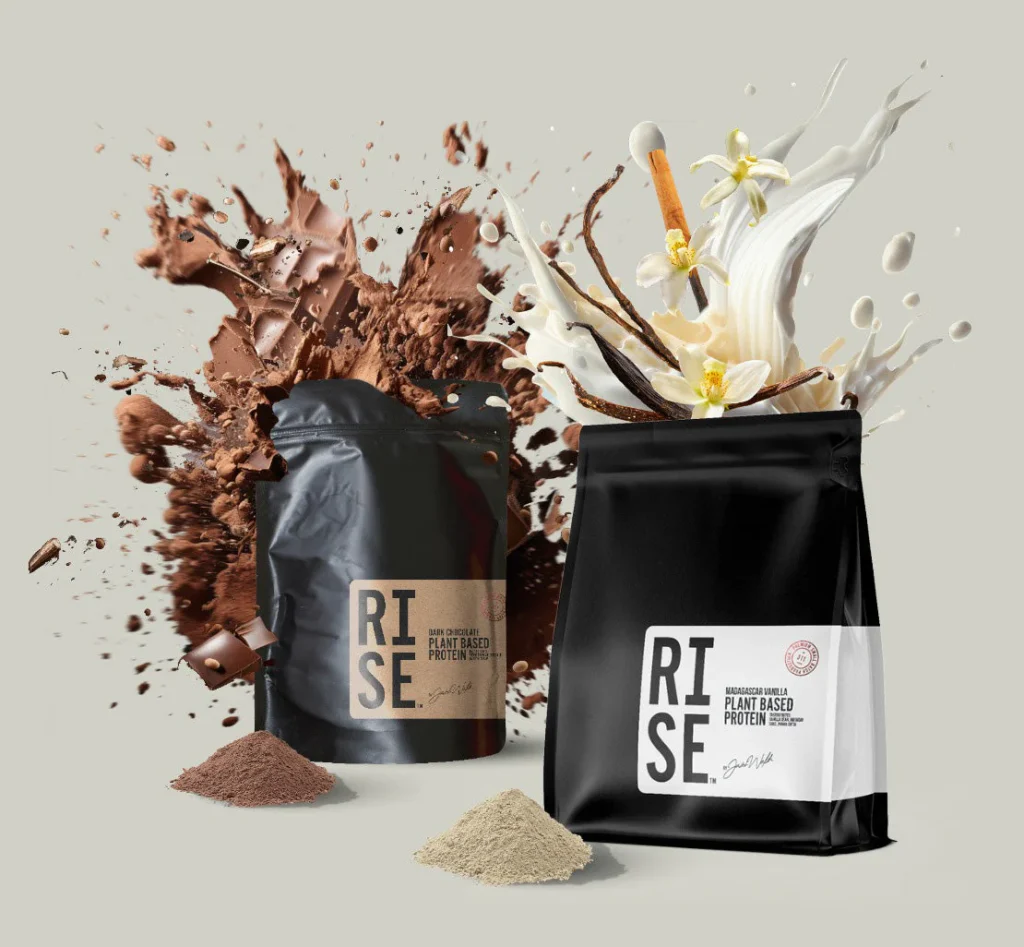
New recommendations from the Dietary Guidelines Advisory Committee thrusts plant-based protein sources in the spotlight and promotes water over milk
If food is medicine, plant-based protein may soon gain momentum, thanks to updated recommendations that could shape the 2025-2030 Dietary Guidelines for Americans and prioritize lentils, beans and peas over animal protein.
The proposed shift, which also includes recommending plain water as the primary beverage of Americans instead of milk, comes from the Dietary Guidelines Advisory Committee (DGAC). The group’s recommendations are being championed by the Physicians Committee for Responsible Medicine, a public health advocacy nonprofit comprising 17,000 doctors.
“Encouraging Americans to avoid red and processed meats and to finally recognize beans, peas and lentils as a preferred source of protein will help save hundreds of thousands of lives a year from colorectal cancer, heart disease and other diet-related diseases that plague our country,” said Dr. Anna Herby, nutrition education specialist with the Physicians Committee for Responsible Medicine.
The DGAC also recommends that Americans switch to lower-fat plant-based foods and ditch coconut and palm oils to limit total saturated fat intake.
“By recommending more healthier plant-based proteins and other foods, if adopted into the next Dietary Guidelines for Americans, the recommendations in the DGAC’s report would help mitigate the epidemics of obesity, type 2 diabetes, heart disease, and certain types of cancer that are linked to the saturated fat and other harmful ingredients in meat and other animal products,” Dr. Herby added.
The committee’s scientific report is posted here, and a public comment period will be open for 60 days.
Plant-based protein can mean more than just black bean burgers and has opened the door for emerging brands to become quite creative. Whole Foods Market forecasts in 2025 that seaweed, sea moss, duckweed and other aquatic greens will gain steam for their high protein content and minerals, such as iron. The promise of sea plants can take many forms beyond salad, as seen with Cavi-art’s kelp-based caviar, Erewhon’s Sea Moss Gummies and Umaro’s red seaweed plant-based bacon.

For those still uneasy about incorporating alternative protein sources into their health journey, there are plenty of more traditional options—setting aside the concerns that the rise of plant-based food products sometimes constitutes ultra-processed foods.
Still, foot giants appear bullish on the projected popularity of such products. It’s an area food giant Kraft Heinz has invested in following a partnership with NotCo, introducing plant-based mayo, cheddar slices, mac and cheese and Oscar Mayer plant-based “Not Hot Dogs.”
Jason Walsh, celebrity fitness trainer to A-listers such as Matt Damon and Bradley Cooper, is also on board with alternative protein sources. He recently launched Rise311, a plant-based pea and barley protein powder with enzymes, after several of his clients experienced digestion issues from other supplements.

Beyond the ever-growing plant-based and protein-rich food and snack landscape, core ingredients are being created to serve leading commercial brands in revamping their products to appeal to health-conscious consumers.
This month, food tech start-up Gavan Technologies raised $8 million to introduce its plant protein-based fat solution, Fatrix, to the European commercial food market. The alternative fat source replaces butter and is composed of protein isolate, vegetable oil and water while boasting a low content of saturated fats and zero trans fats. It also paves the way for brands to offer cleaner food labels, according to Gavan Technologies.
“The food industry is in need of a plant-based fat that can provide the same indulgent flavor and mouthfeel as butter, while supporting sustainability and personal well-being,” MoreVC venture partner Rony Patishi-Chillim said.
